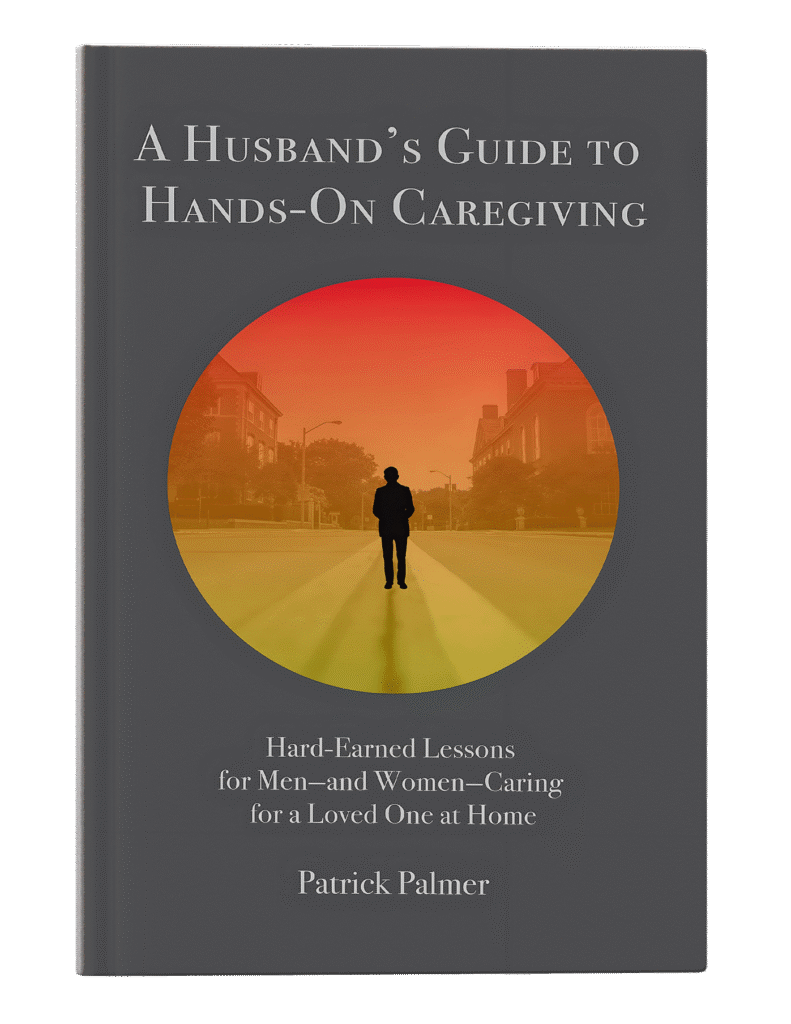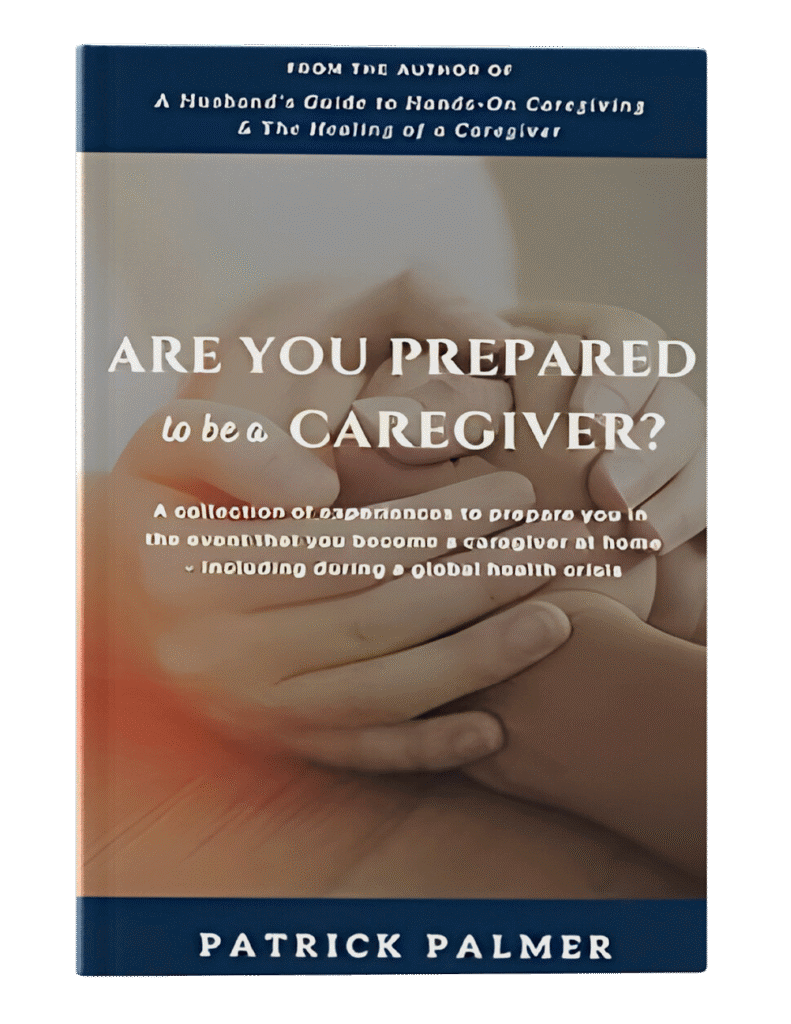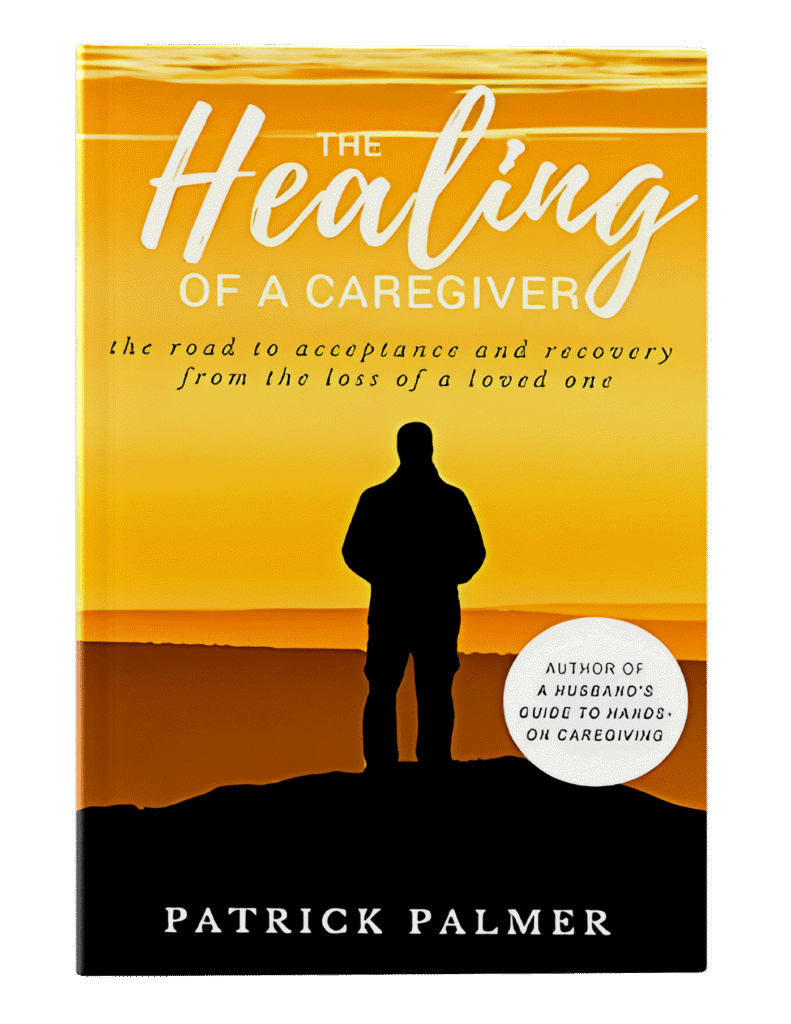Can a Husband Be a Caregiver for His Wife? A Compassionate Guide
When a serious illness, chronic condition, or disability affects a loved one, it often changes the entire family dynamic. One common and emotionally loaded question is: Can a husband be a caregiver for his wife? The short answer is yes—and many husbands across the world are proving every day just how strong, loving, and capable they are in this role.
Caregiving is not defined by gender—it’s defined by love, commitment, and sacrifice. Whether it’s caring for a wife with cancer, Alzheimer’s, Parkinson’s, or recovery from surgery, husbands are increasingly stepping into this vital position.
What Does It Mean to Be a Husband Caregiver?
Being a caregiver means more than just providing physical assistance. It involves emotional support, handling medications, attending appointments, managing household duties, and often juggling a job at the same time.
Husband caregivers might help with bathing, dressing, meal preparation, mobility, and even financial planning. This shift can be overwhelming, but it’s also a testament to the depth of their love and commitment.
Emotional and Mental Health Challenges
Many male caregivers report feelings of stress, burnout, and even depression. Because men are often socialized to be stoic or “strong,” they may not express these emotions easily.
Common emotional challenges include:
Feeling helpless when their spouse is in pain
Guilt over not doing enough
Isolation from friends and social life
Anxiety about medical outcomes and financial strain
If you are a husband in this role, know that your feelings are valid. Talking to a therapist or joining a caregiver support group can be incredibly helpful.
Practical Tips for Husbands Who Are Caregivers
Here are some strategies that can help:
Create a care schedule
Share responsibilities with other family members if possible.
Keep a medical journal
Track medications, symptoms, and doctor instructions.
Use technology
Apps like Medisafe or CareZone help manage medications and appointments.
Take care of your own health
Regular exercise, sleep, and breaks are essential.
Ask for help
Don’t try to do everything alone—seek help from family, friends, or community resources.
Real Stories: Patrick Palmer’s Caregiving Journey
A powerful example of husband-as-caregiver is Patrick Palmer—an author, educator, and cancer research advocate. Patrick cared for his wife, Angela, for 53 months during her battle with brain cancer. His journey is deeply personal, and he has shared it through a series of books aimed at helping others in similar roles.
His writing reflects not just medical tasks, but also the emotional healing and transformation that caregiving brings. Read more about his story and caregiving insights in his books like:
- 📘 A Husband’s Guide to Hands-On Caregiving
- 📘 The Healing of a Caregiver
Patrick’s work reminds us that caregivers need care too.
Legal and Financial Considerations
In some cases, husbands may become the legal guardian or power of attorney for their wives. You might also be eligible for financial assistance depending on your location.
Check with local and federal programs like:
Family leave policies at work (check HR department)
VA Caregiver Support Programs for veterans
Final Thoughts: Can a Husband Be a Good Caregiver?
Absolutely. Being a husband caregiver is not easy, but it’s a role filled with meaning, sacrifice, and love. If you’re currently supporting your spouse through illness, know this:
You’re not alone, and what you’re doing matters deeply.
With the right support, education, and self-care, husbands can be exceptional caregivers—balancing compassion, responsibility, and resilience day by day.
Want to explore real-life caregiving stories and get helpful advice?
Check out Patrick Palmer’s Books and About Page for inspiration.





